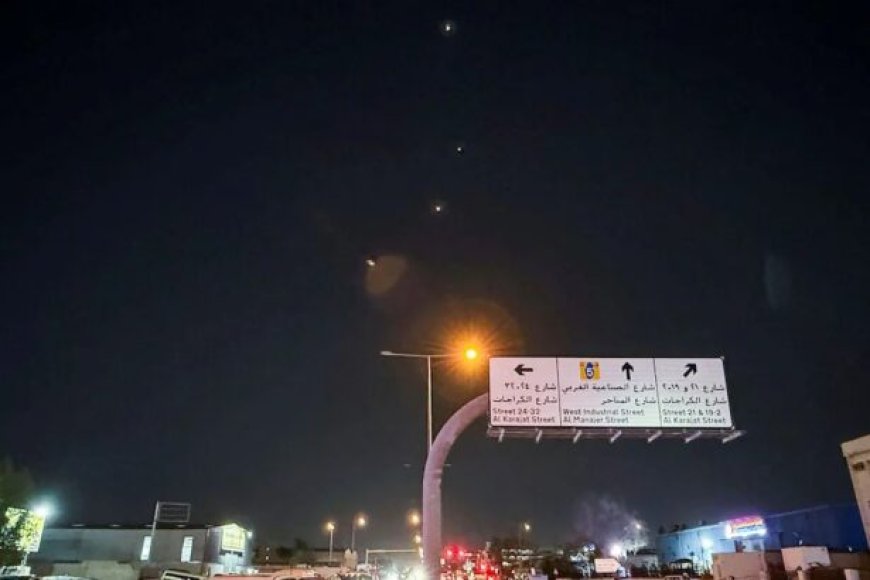Saudi Arabia Condemns Iran's Missile Attack on Qatar, Calls for Regional Restraint
Riyadh, Saudi Arabia – June 23, 2025 — The Kingdom of Saudi Arabia has strongly condemned Iran’s recent missile attack on Al Udeid Air Base in Qatar, describing the move as a “reckless provocation that threatens the stability of the entire Gulf region.” In an official statement released by the Saudi Ministry of Foreign Affairs, Riyadh expressed solidarity with Qatar, calling the attack “a clear violation of international law and regional peace agreements

The Background
Iran fired a series of ballistic missiles at the U.S. Al Udeid Air Base in Qatar on June 22, 2025, in direct retaliation for U.S.-led airstrikes on Iranian nuclear facilities at Fordow, Isfahan, and Natanz. While most of the missiles were intercepted, one reportedly struck near the base, causing minor damage but no casualties.
Qatar acknowledged receiving advance warning from Tehran and temporarily shut down its airspace, leading to widespread flight disruptions across the region.
????️ Saudi Arabia’s Reaction
The Saudi government’s statement emphasized the need for “urgent de-escalation” and warned that further military actions could destabilize the Gulf Cooperation Council (GCC) region.
“The safety and security of our neighboring countries is non-negotiable,” the statement read. “This act by the Iranian regime undermines trust and regional diplomacy.”
Saudi Arabia also urged the international community, particularly the United Nations, to take immediate steps toward restoring calm and holding Iran accountable for any further escalations.
???? Solidarity with Qatar
Although Riyadh and Doha have had political tensions in the past, this statement reflects a renewed sense of Gulf unity in the face of external threats.
The GCC—comprising Saudi Arabia, Qatar, the UAE, Bahrain, Kuwait, and Oman—is now reportedly holding emergency diplomatic consultations to coordinate a collective response to the growing threat posed by Iran's military maneuvers.
???? Global Implications
With airspaces closed, oil prices rising, and global leaders calling for de-escalation, the situation continues to evolve rapidly. Middle East peace brokers such as Oman and Kuwait have stepped in to encourage backchannel diplomacy between the U.S., Iran, and affected Gulf states.
What's Your Reaction?




















































































